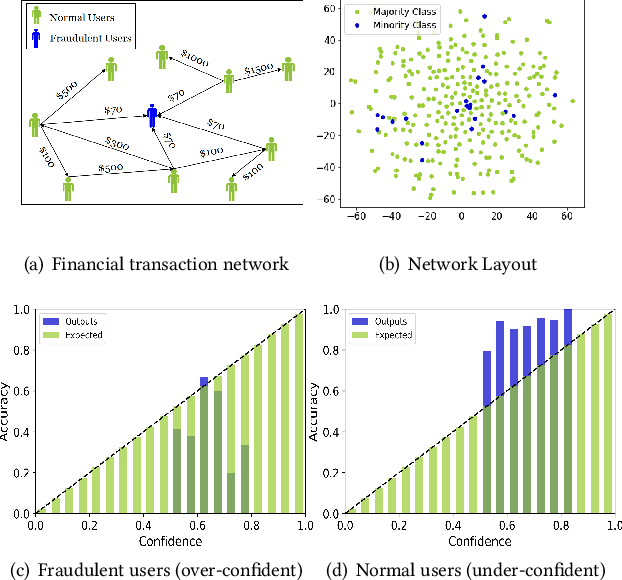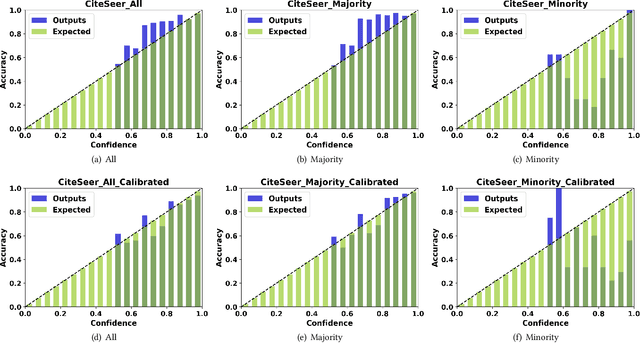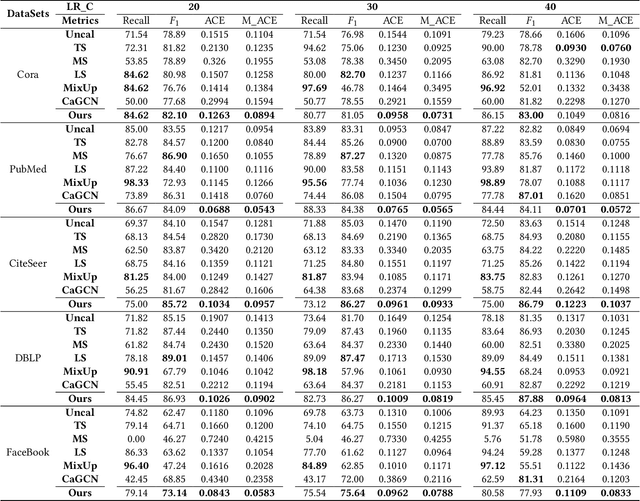Longfeng Wu
Scientific Hypothesis Generation and Validation: Methods, Datasets, and Future Directions
May 06, 2025Abstract:Large Language Models (LLMs) are transforming scientific hypothesis generation and validation by enabling information synthesis, latent relationship discovery, and reasoning augmentation. This survey provides a structured overview of LLM-driven approaches, including symbolic frameworks, generative models, hybrid systems, and multi-agent architectures. We examine techniques such as retrieval-augmented generation, knowledge-graph completion, simulation, causal inference, and tool-assisted reasoning, highlighting trade-offs in interpretability, novelty, and domain alignment. We contrast early symbolic discovery systems (e.g., BACON, KEKADA) with modern LLM pipelines that leverage in-context learning and domain adaptation via fine-tuning, retrieval, and symbolic grounding. For validation, we review simulation, human-AI collaboration, causal modeling, and uncertainty quantification, emphasizing iterative assessment in open-world contexts. The survey maps datasets across biomedicine, materials science, environmental science, and social science, introducing new resources like AHTech and CSKG-600. Finally, we outline a roadmap emphasizing novelty-aware generation, multimodal-symbolic integration, human-in-the-loop systems, and ethical safeguards, positioning LLMs as agents for principled, scalable scientific discovery.
Are Vision LLMs Road-Ready? A Comprehensive Benchmark for Safety-Critical Driving Video Understanding
Apr 20, 2025Abstract:Vision Large Language Models (VLLMs) have demonstrated impressive capabilities in general visual tasks such as image captioning and visual question answering. However, their effectiveness in specialized, safety-critical domains like autonomous driving remains largely unexplored. Autonomous driving systems require sophisticated scene understanding in complex environments, yet existing multimodal benchmarks primarily focus on normal driving conditions, failing to adequately assess VLLMs' performance in safety-critical scenarios. To address this, we introduce DVBench, a pioneering benchmark designed to evaluate the performance of VLLMs in understanding safety-critical driving videos. Built around a hierarchical ability taxonomy that aligns with widely adopted frameworks for describing driving scenarios used in assessing highly automated driving systems, DVBench features 10,000 multiple-choice questions with human-annotated ground-truth answers, enabling a comprehensive evaluation of VLLMs' capabilities in perception and reasoning. Experiments on 14 SOTA VLLMs, ranging from 0.5B to 72B parameters, reveal significant performance gaps, with no model achieving over 40% accuracy, highlighting critical limitations in understanding complex driving scenarios. To probe adaptability, we fine-tuned selected models using domain-specific data from DVBench, achieving accuracy gains ranging from 5.24 to 10.94 percentage points, with relative improvements of up to 43.59%. This improvement underscores the necessity of targeted adaptation to bridge the gap between general-purpose VLLMs and mission-critical driving applications. DVBench establishes an essential evaluation framework and research roadmap for developing VLLMs that meet the safety and robustness requirements for real-world autonomous systems. We released the benchmark toolbox and the fine-tuned model at: https://github.com/tong-zeng/DVBench.git.
Towards Reliable Rare Category Analysis on Graphs via Individual Calibration
Jul 19, 2023



Abstract:Rare categories abound in a number of real-world networks and play a pivotal role in a variety of high-stakes applications, including financial fraud detection, network intrusion detection, and rare disease diagnosis. Rare category analysis (RCA) refers to the task of detecting, characterizing, and comprehending the behaviors of minority classes in a highly-imbalanced data distribution. While the vast majority of existing work on RCA has focused on improving the prediction performance, a few fundamental research questions heretofore have received little attention and are less explored: How confident or uncertain is a prediction model in rare category analysis? How can we quantify the uncertainty in the learning process and enable reliable rare category analysis? To answer these questions, we start by investigating miscalibration in existing RCA methods. Empirical results reveal that state-of-the-art RCA methods are mainly over-confident in predicting minority classes and under-confident in predicting majority classes. Motivated by the observation, we propose a novel individual calibration framework, named CALIRARE, for alleviating the unique challenges of RCA, thus enabling reliable rare category analysis. In particular, to quantify the uncertainties in RCA, we develop a node-level uncertainty quantification algorithm to model the overlapping support regions with high uncertainty; to handle the rarity of minority classes in miscalibration calculation, we generalize the distribution-based calibration metric to the instance level and propose the first individual calibration measurement on graphs named Expected Individual Calibration Error (EICE). We perform extensive experimental evaluations on real-world datasets, including rare category characterization and model calibration tasks, which demonstrate the significance of our proposed framework.
Towards High-Order Complementary Recommendation via Logical Reasoning Network
Dec 09, 2022



Abstract:Complementary recommendation gains increasing attention in e-commerce since it expedites the process of finding frequently-bought-with products for users in their shopping journey. Therefore, learning the product representation that can reflect this complementary relationship plays a central role in modern recommender systems. In this work, we propose a logical reasoning network, LOGIREC, to effectively learn embeddings of products as well as various transformations (projection, intersection, negation) between them. LOGIREC is capable of capturing the asymmetric complementary relationship between products and seamlessly extending to high-order recommendations where more comprehensive and meaningful complementary relationship is learned for a query set of products. Finally, we further propose a hybrid network that is jointly optimized for learning a more generic product representation. We demonstrate the effectiveness of our LOGIREC on multiple public real-world datasets in terms of various ranking-based metrics under both low-order and high-order recommendation scenarios.
 Add to Chrome
Add to Chrome Add to Firefox
Add to Firefox Add to Edge
Add to Edge